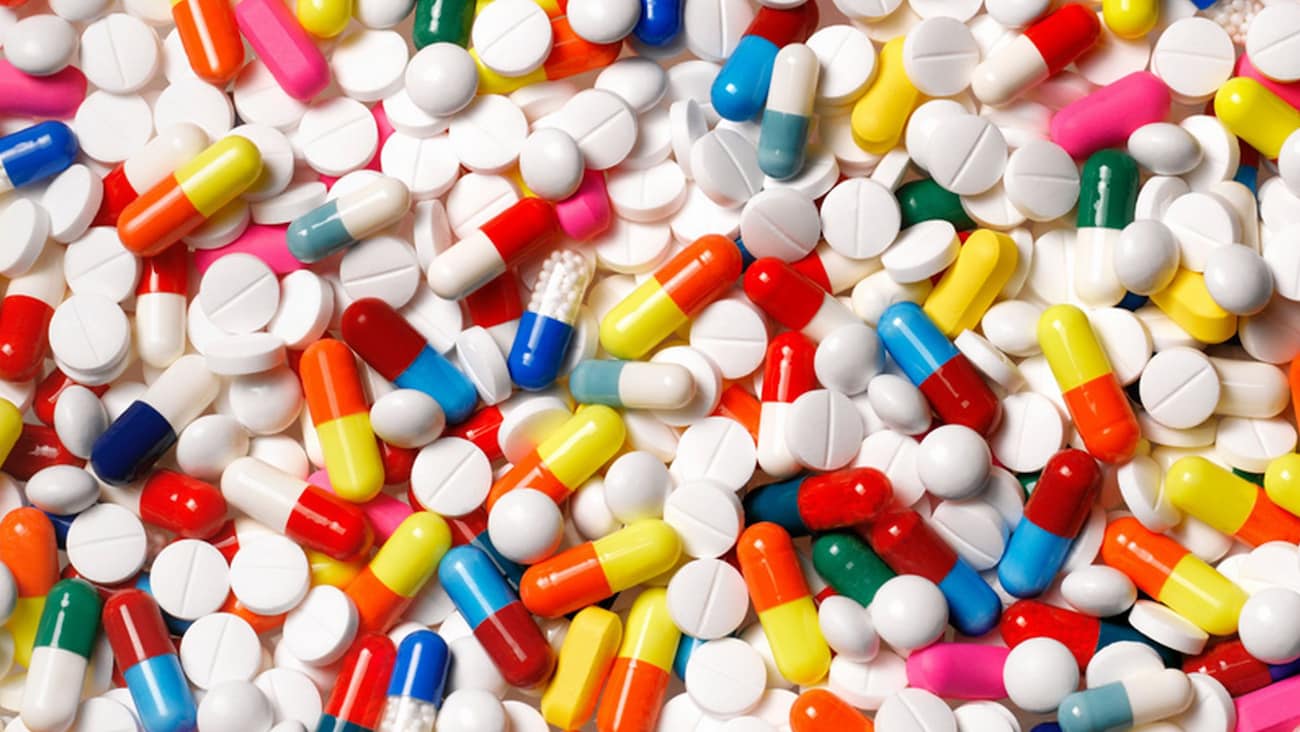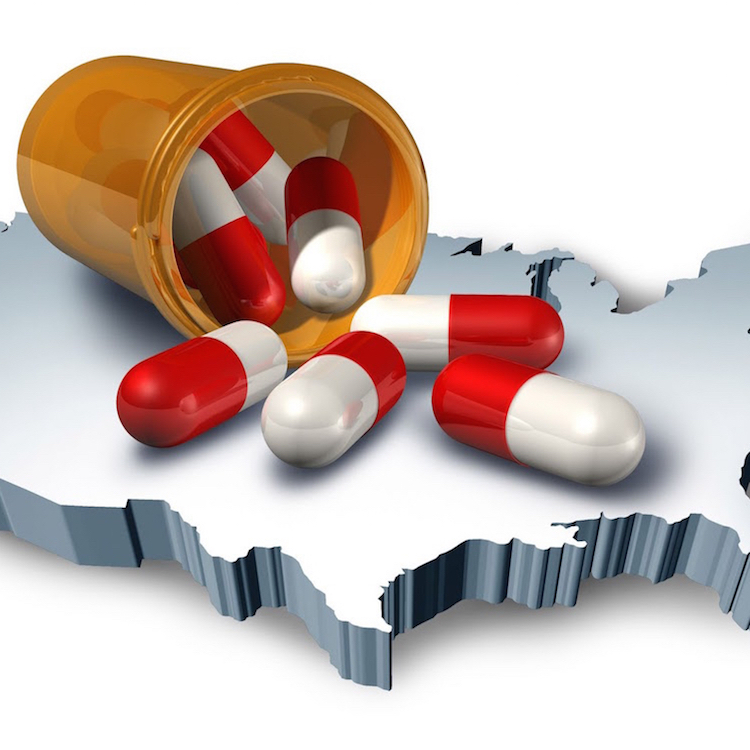Americans are consuming prescription pills in record numbers and, believe it or not, many people believe that we are not any healthier. It is estimated that we will finish the calendar year 2017 having filled roughly 4.3 billion prescriptions with an estimated dollar value of $437 billion dollars. Thirty four percent of all American adults take at least one prescription pill daily and nearly 12% take 3 or more pills daily. There are a potential 70 different drug reactions to the average prescription pill today. Prescription pills are the 4th leading cause of death in the United States and more than 10 times the death rate caused by illegal drugs.
Americans have been led to believe by their doctors, by advertisers, and by the pharmaceutical industry that there is a pill to cure just about anything that ails them. The US pharmaceutical market together with Canada and Mexico represents the largest continental pharma market in the world. There are 80 drug advertisements every hour of every day on American TV. An average 7 million people take antidepressants every day.
The amount of advertising is staggering. For the 10 most advertised drugs in the United States last year the cost for these 10 drugs alone was over $62 million dollars. Harvoni tablets came in at $10.6 million dollars with Trulicity at $7.71 million followed closely by Invokana at $5.98 million and Xarelto at $5.69 million dollars. The amount of annual spending is staggering also. It is estimated that by 2021, the cost of prescription drugs will reach an annual $610 billion dollars.
Recent research has determined that the US Food and Drug Administration has approved 1,453 drugs as of December 31, 2013. If we add in the over the counter drugs, the amount jumps to 6,639 drugs available to the general public. Drug interaction is a serious problem today. Although some adverse drug reactions are not serious, others can cause death, hospitalization or serious injury. It is reported that there are over 2 million people each year in the US affected by adverse reactions resulting in over a 100,000 fatalities.
The United States is just one of two countries that allow direct to consumer ads on TV. Since the FDA’s decision, the ads have exploded especially since the FDA began allowing drug makers to claim that their products could ease specific symptoms for specific conditions. The FDA requires that the ads rattle off a long list of potential side effects. However, the drug makers have developed complex presentations that often distract from and make it difficult to process and comprehend the risks being conveyed, especially if the side effects are serious and even life-threatening.
There is no doubt that we as Americans are becoming over medicated. There is no doubt that many medications are helpful and lifesaving. However, I believe that there are too many medications being over prescribed and continued well beyond the timeframe that they should have been discontinued. An annual physical now usually contains a significant amount of blood tests and the physician usually prescribes pills to combat a high level of cholesterol that can include levels of Triglycerides – HDL, VLDL, Hemoglobin A1C, Glucose serum, etc. that are all part of a comprehensive metabolic panel. The danger is in many cases that the physician is reluctant to discontinue medication that was prescribed years ago. In one case, I know of a patient that had been taking blood pressure medication for over 40 years when his BP levels were actually very low. As our Baby Boomers age, I look for the projections of increased medication in the United States to rise at the projected levels if not exceed them. Our over medication situation will continue. My only suggestion is to challenge any changes to the current level of prescription drugs as well as talk to your physician regarding the length of time that you have been on a specific type of medication.







And how about adding that patients should take responsibility for what they have and what they do? You quoted a number of meds which can easily be reduced by a proactive stance in lifestyle change.